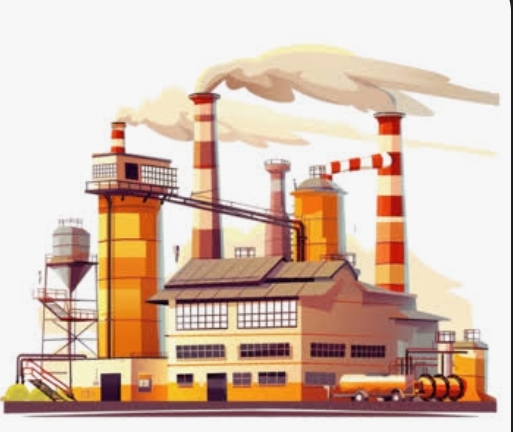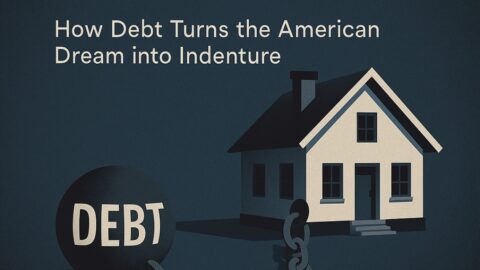The Factory Model of Education: A System Built for Uniformity, Not Growth
The term “education” evokes the idea of intellectual growth, moral development, and the cultivation of critical thinking. However, the modern public education system—particularly in Western countries—more closely resembles a factory assembly line than a space of true human formation. Shaped by industrial needs rather than human potential, it often operates as a mechanism of control, standardization, and compliance.
Historical Origins: Education Designed for Industry
Public schooling as it exists today was largely shaped during the Industrial Revolution. The goal wasn’t to inspire future thinkers, inventors, or visionaries, but rather to create obedient workers capable of performing repetitive tasks in a factory setting. The structure of the school day, complete with bells, uniforms, rows of desks, and top-down authority, was intentionally modeled after the factory system. The result? A system designed to produce uniform “products”—not educated, free-thinking individuals.
Standardization Over Individualization
Children are grouped by age rather than aptitude, and every student is expected to move at the same pace regardless of their unique needs or talents. This model ignores individual curiosity, personal growth, and the diverse learning styles that make each child unique. In essence, it values conformity over creativity.
Obedience, Not Inquiry
Modern schooling rewards students for following instructions, memorizing content, and regurgitating information on standardized tests. Independent thinking, questioning authority, or challenging consensus are often subtly (or overtly) discouraged. As Margaret Mead once said, “Children must be taught how to think, not what to think”—but the factory model leans toward indoctrination rather than education.
Testing and Metrics: Quantity Over Quality
Standardized testing dominates modern education. These tests are often poor measures of true learning and critical thinking. They encourage a culture of “teaching to the test” where teachers must focus on narrow objectives, leaving little room for depth, nuance, or creativity. The emphasis shifts from nurturing the mind to producing data points.
Neglect of Character and Conscience
Stephen Covey described the shift from the “Character Ethic” to the “Personality Ethic,” where superficial traits are valued over deep moral integrity. The public education system largely reflects this shift, focusing on achievement and self-image rather than virtue, responsibility, or empathy. Students may leave school with academic skills but without a strong sense of purpose, morality, or conscience.
As Henri Frederic Amiel wrote, “The test of every religious, political, or educational system is the man which it forms. If a system injures the intelligence it is bad. If it injures the character it is vicious. If it injures the conscience it is criminal.”
Technological Distraction and Emotional Disconnection
In the digital age, children are more emotionally connected to their devices than to their families. Simulations and screen time have replaced real-life experiences and meaningful human interaction. The result is a generation growing up in a state of overstimulation but underdevelopment—technologically savvy yet emotionally and spiritually hollow.
Societal Consequences: A Nation in Decline
Ralph Waldo Emerson warned, “The true test of civilization is, not the census, nor the size of the cities, nor the crops – no, but the kind of man the country turns out.” If we assess our civilization by this standard, the outcomes of the current education system are sobering. It has contributed to the erosion of families, the weakening of national identity, and a widespread detachment from God and moral law.
Conclusion: Toward a Human-Centered Education
To restore the soul of education, we must move away from the factory model and toward a more holistic vision:
- Teach students how to think critically and morally
- Foster creativity, curiosity, and personal responsibility
- Emphasize virtue, character, and spiritual awareness
- Create learning environments that recognize the divine potential of each child
Reforming education is not merely a policy issue—it is a spiritual and civilizational imperative. Only by reclaiming education as a process of forming the soul can we build a society that is truly intelligent, virtuous, and free.






